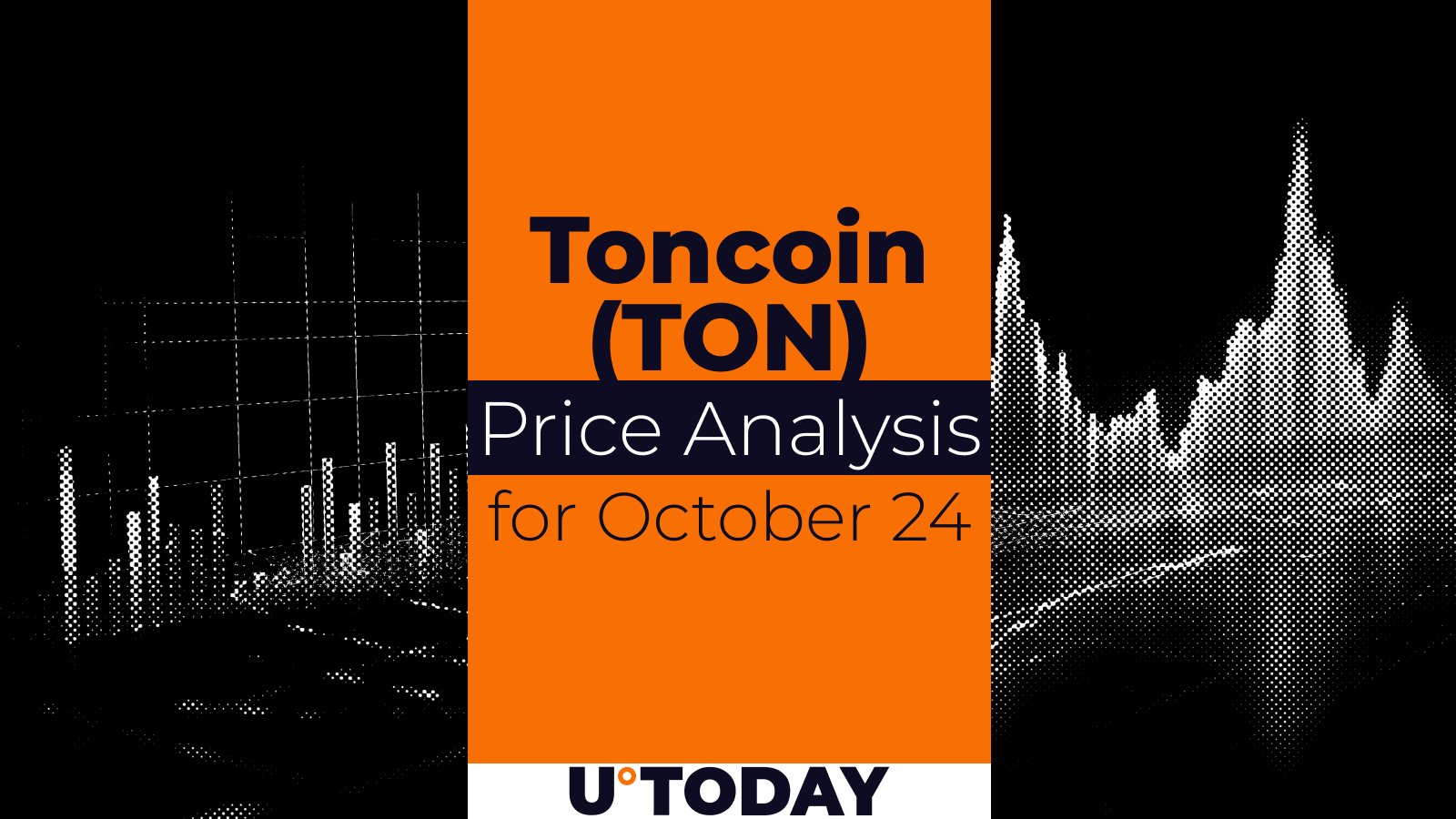Estonia’s regulator finds problems with crypto companies, including questionable executives and unrealistic business plans.
Nearly 400 virtual asset service providers (VASPs) in Estonia have closed down or had their authorizations revoked as a result of the government’s new anti-money laundering laws. These laws, aimed at preventing terrorist financing, were implemented in March.
The updated laws in Estonia made changes to the regulations for virtual asset service providers (VASPs). These changes included broadening the scope of VASPs, requiring companies to have genuine connections to Estonia, raising licensing fees, imposing capital and information reporting requirements, and introducing the Financial Action Task Force Travel Rule.
A statement from the Estonian Financial Intelligence Unit (FIU) on May 8 revealed that following the amendment to the Anti-Money Laundering (AML) laws on March 15, nearly 200 local crypto service providers chose to close down voluntarily.
Additionally, another 189 crypto service providers had their authorizations revoked due to not meeting the required compliance standards.
Matis Mäeker, the director of the Financial Intelligence Unit, stated that considering the information provided by the service providers who lost their authorizations and their operating methods and associated risks, it can be said that the legislative changes and the supervision activities have been appropriate.
“We encountered surprising situations while reviewing and renewing authorizations,” said Matis Mäeker, the director of the Financial Intelligence Unit.
As of May 1, the Estonian Financial Intelligence Unit reported that there were 100 active registered crypto firms remaining in Estonia after the significant reduction.
The Estonian Financial Intelligence Unit (FIU) identified several problems within the companies it closed down, mainly concerning misleading information provided by the companies.
Among the issues discovered, certain companies had board members and company contacts listed without their knowledge or consent. Additionally, some individuals associated with these companies had fabricated professional backgrounds on their resumes.
Furthermore, it was found that many companies had copied and pasted identical business plans from one another, and these plans were deemed to be devoid of any logical or meaningful connection to Estonia.
In recent years, Estonia has taken deliberate steps to implement robust anti-money laundering (AML) laws across various sectors. This was prompted by the revelation in 2018 that approximately $235 billion of illicit funds had been laundered through the Estonian branch of a large Danish bank called Danske Bank.
The conflict between Russia and Ukraine has played a role in Estonia’s efforts to strengthen its anti-money laundering measures. Estonia aims to disrupt the flow of funds that support Russia’s military activities and safeguard global financial systems. This is done through robust regulation and collaboration with the United States.
Estonia’s membership in the European Union has likely played a part in the strengthening of its anti-money laundering laws. As a member, Estonia is obligated to adopt the upcoming Markets in Crypto-Assets (MiCA) laws, which are set to be implemented in early 2025. These laws aim to regulate crypto-assets and ensure compliance with EU standards.
According to the upcoming Markets in Crypto-Assets (MiCA) laws, crypto companies will have to follow strict rules to prevent money laundering and terrorism financing. These requirements aim to ensure the security and integrity of the cryptocurrency industry.









